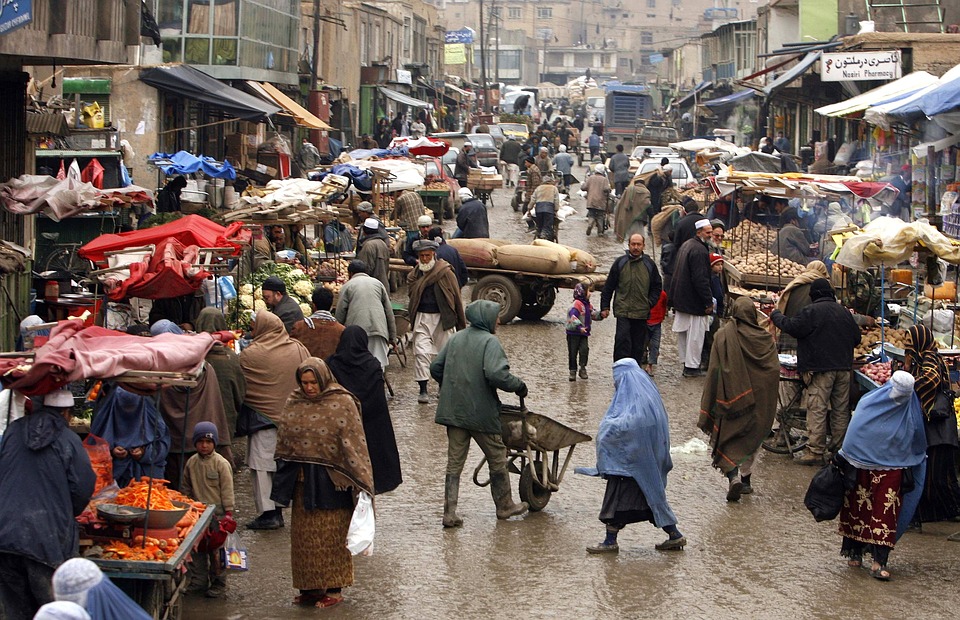The World Bank (WB) and its key shareholders have been urged to unfreeze the $1.2 billion Afghanistan Reconstruction Trust Fund by Afghan charities. According to The Financial Times, the money are required to pay teachers and doctors and to save the country's education and health systems from collapsing.
Gwen Hines, the UK director of Save the Children, has encouraged the United States and the United Kingdom to exert pressure on the World Bank to provide funds for education and health in Afghanistan. "...People won't make it through the winter. Parents are attempting to sell their children. We can't afford to wait any longer; we must act now," she stated.
Over the winter, the United Nations (UN) is asking $4.4 billion in emergency aid to combat poverty and famine. The Afghan government, on the other hand, is unable to pay civil servants' salaries, including teachers and health and sanitation staff. Following the Taliban's takeover of power, the World Bank put money destined for the Trust Fund on hold. Under pressure from major countries, led by the United States, the decision was made to forgo cash transfers to Afghanistan's new leadership.
In December, the World Bank Executive Board approved $280 million in emergency humanitarian relief. At the same time, officials were asked to look for methods to increase assistance beyond humanitarian aid. According to the Financial Times, a new council meeting will not take place until at least mid-February.
source: ft.com
Gwen Hines, the UK director of Save the Children, has encouraged the United States and the United Kingdom to exert pressure on the World Bank to provide funds for education and health in Afghanistan. "...People won't make it through the winter. Parents are attempting to sell their children. We can't afford to wait any longer; we must act now," she stated.
Over the winter, the United Nations (UN) is asking $4.4 billion in emergency aid to combat poverty and famine. The Afghan government, on the other hand, is unable to pay civil servants' salaries, including teachers and health and sanitation staff. Following the Taliban's takeover of power, the World Bank put money destined for the Trust Fund on hold. Under pressure from major countries, led by the United States, the decision was made to forgo cash transfers to Afghanistan's new leadership.
In December, the World Bank Executive Board approved $280 million in emergency humanitarian relief. At the same time, officials were asked to look for methods to increase assistance beyond humanitarian aid. According to the Financial Times, a new council meeting will not take place until at least mid-February.
source: ft.com





